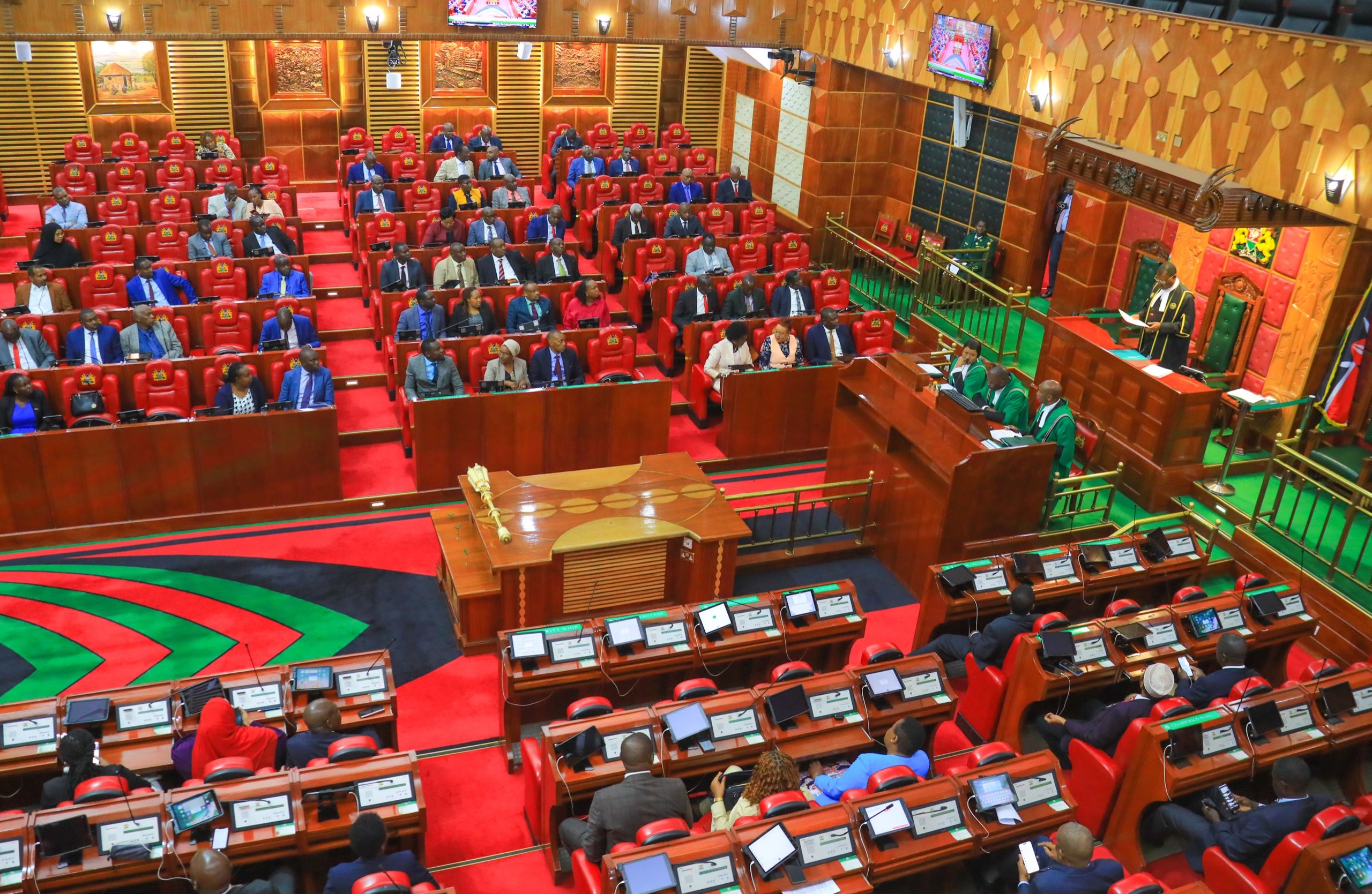Your Read is on the Way
Every Story Matters
Every Story Matters
The Hydropower Boom in Africa: A Green Energy Revolution Africa is tapping into its immense hydropower potential, ushering in an era of renewable energy. With monumental projects like Ethiopia’s Grand Ethiopian Renaissance Dam (GERD) and the Inga Dams in the Democratic Republic of Congo, the continent is gearing up to address its energy demands sustainably while driving economic growth.
Northern Kenya is a region rich in resources, cultural diversity, and strategic trade potential, yet it remains underutilized in the national development agenda.

Can AI Help cure HIV AIDS in 2025

Why Ruiru is Almost Dominating Thika in 2025

Mathare Exposed! Discover Mathare-Nairobi through an immersive ground and aerial Tour- HD

Bullet Bras Evolution || Where did Bullet Bras go to?
Public Fury Over a Silent Decision
The news that the Kenya Pipeline Corporation (KPC) is on the chopping block for privatization landed like a thunderclap on Kenyans who hadn’t been told this was coming. Parliament, by all accounts, gave a quiet nod to the move—no fiery debates, no public consultations, just a subtle green light. For an entity that feeds billions to the national treasury and holds a critical role in the country’s energy security, this felt less like policy and more like a backroom deal.
Ordinary Kenyans are left asking: Who benefits? KPC has never been a loss-making company; in fact, it handed over Sh7 billion in dividends to the treasury last year alone. The timing and manner of this privatization is fuelling suspicions of predatory politics—an “urban game” of elite appetites cloaked in reformist rhetoric.
The Case for Selling: Lessons from Safaricom and KCB
Supporters of the move have a clear narrative: privatization is not just a sell-off but a chance for ordinary Kenyans to buy into national success. They point to the Safaricom and KCB stories—state-backed enterprises turned private giants that transformed whole sectors. In their telling, KPC could mirror this trajectory, expanding its footprint, raising capital, and offering Kenyans a stake in its profits.

This view frames privatization as a gateway to stronger corporate governance, better sustainability, and the removal of political meddling that stifles innovation. Done transparently, it could, they argue, unlock investment opportunities for thousands of citizens and deepen the stock market.
The Skeptics’ Rebuttal: Strategic Assets Are Not for Sale
Opponents are not impressed. They warn that Kenya Pipeline is no Safaricom—it’s a strategic artery for the country’s energy, tied to national security and the stability of fuel supply. Selling stakes to unknown entities risks ceding control of an asset that underpins everything from transport to electricity generation.
Critics like civil society leaders, former politicians, and energy sector insiders are blunt: privatization without transparency is simply elite capture. They accuse the current administration of treating strategic assets as budget plug-ins, auctioning off national lifelines to cover fiscal holes rather than fixing the rot in governance.
Trust Deficit: “It’s Our Time to Eat” Politics
What cuts across the public discourse is distrust. Even pro-market voices like Martin Kivuva concede that while privatization can be good in theory, Kenyans simply don’t believe their leaders are acting in good faith. The same playbook—state capture under the guise of reform—has been run before. From golden handshake scandals to shady tenders, history has taught Kenyans that privatization can become a feeding frenzy for the politically connected.
This trust deficit makes even well-structured deals look suspicious. As one user on X bluntly put it, “Fix governance first, then talk about selling assets.” Without that foundation, privatization feels less like progress and more like surrendering sovereignty to cartels and oligarchs.
A Call for Radical Transparency
If the administration wants the public to back this move, it must lift the veil. Who approved the decision? When will it be implemented? What safeguards exist to prevent insider deals? How will citizen investors be protected from powerful monopolies? These are not minor details—they are the difference between a genuine economic reform and another chapter in Kenya’s long book of state capture.
Kenya Pipeline can be transformed. It can also be stripped. The direction depends entirely on the integrity of the process and the courage to involve the public rather than ambush them. Privatization done right could open a new era for the company. Done wrong, it could cement Kenya’s reputation as a state for sale.
0 comments